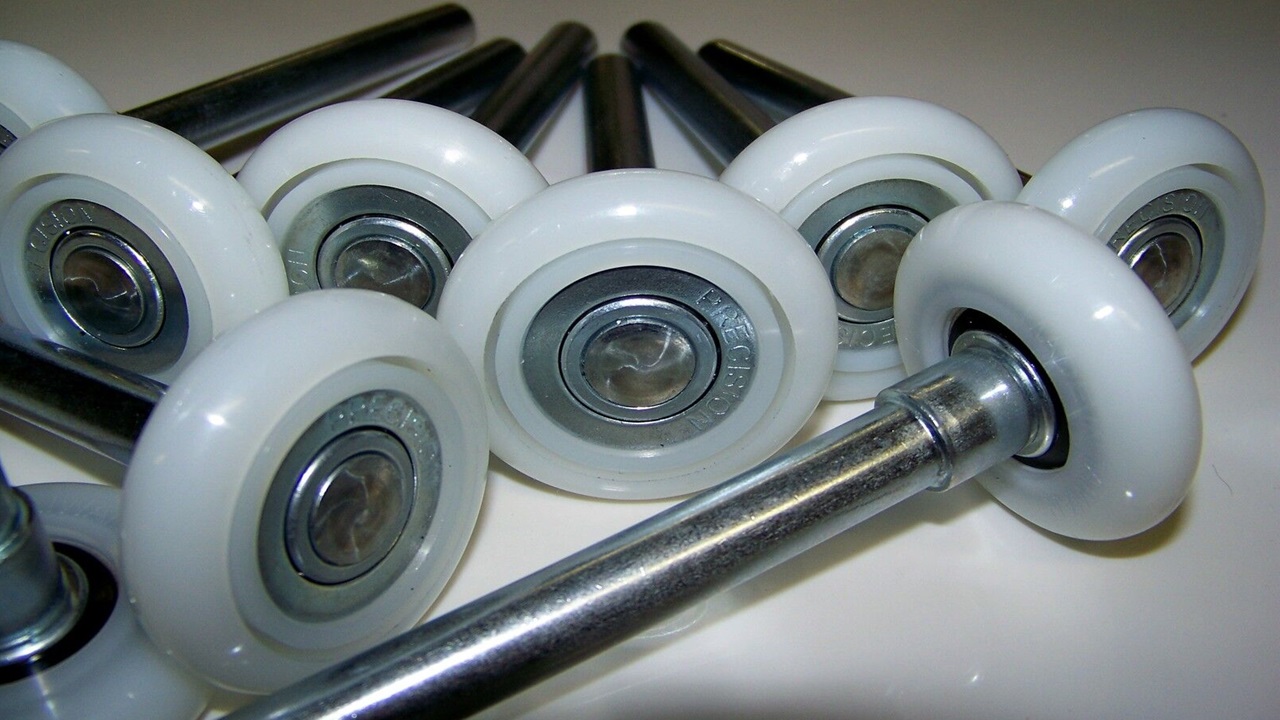Garage door rollers are those tiny but important components that hold the weight of the door as it moves up and down, which are ignored and undervalued most of the time. Selecting the correct roller size is a vital aspect of the garage door durability and performance, plus it increases your comfort. This article will discuss the importance of selecting the optimal size of garage door rollers. The presentation will examine critical issues that may undermine the performance of your garage door.
Door Classification and Weight
Give priority to the assessment of the type and weight of your garage door. Rollers of specific dimensions are necessary for certain door types, such as sectional, roll-up, or overhead doors, due to their structural composition and substantial weight. Doors that are heavier usually need bigger and stronger rollers to support their weight.
Track Dimensions and Layout
There is a diverse range of garage door tracks available in various shapes and sizes. It is essential to have the same roller size and track size in order to maintain precise tracking of the track. Obtain accurate measurements of the width and height of the track, and then choose the roller size that matches these measurements. This will guarantee that the motion is smooth and stays in its intended position without any hindrance or displacement.
Stem Length and Diameter
The roller's compatibility with your garage door depends on its diameter and stem length, which are critical factors. To determine its length, measure the distance from the bottom of the roller wheel to the top of the stem. Considering the stem's diameter is crucial to ensure a correct fit within the door's brackets or hinges, preventing any excessive looseness or tightness.
Wheel Diameter and Composition
The diameter of the roller wheel directly affects its performance and durability. When the weight is evenly spread across wheels with a larger diameter, the door mechanism undergoes less stress compared to other situations. Examine the structure of the wheel. Plastic, nylon, and metal are commonly chosen materials. Nylon rollers are preferred for residential applications because they offer superior noise reduction and enhanced smoothness compared to other types of rollers.
Ball Bearings and Different Types of Bearings
In addition, the overhead door rollers often incorporate ball bearings to enhance the smoothness of the tracking mechanism. The roller's durability and performance are affected by the number and composition of ball bearings used. Rollers that are equipped with caged or sealed ball bearings are the best choice because they have a high level of long-term dependability and can effectively protect against the entry of dust and debris.
Compatibility of Door Hardware
Make sure that the garage door roller you plan to buy is suitable for the current hinges and brackets on the doors you want to replace. Insufficient sizing can result in operational problems and early degradation. To ascertain the suitable dimensions of rollers for your door system, refer to the manufacturer's instructions or seek guidance from a certified expert.
Conclusion
For your garage door system to operate at its best, last a long time, and be safe, choosing the appropriate garage door roller size is essential. Take into account elements like door type, weight, track size, stem length, wheel diameter, type of bearing, and suitability for already installed hardware. You can guarantee your garage door will operate smoothly and effectively for many years to come by paying attention to these little things.


